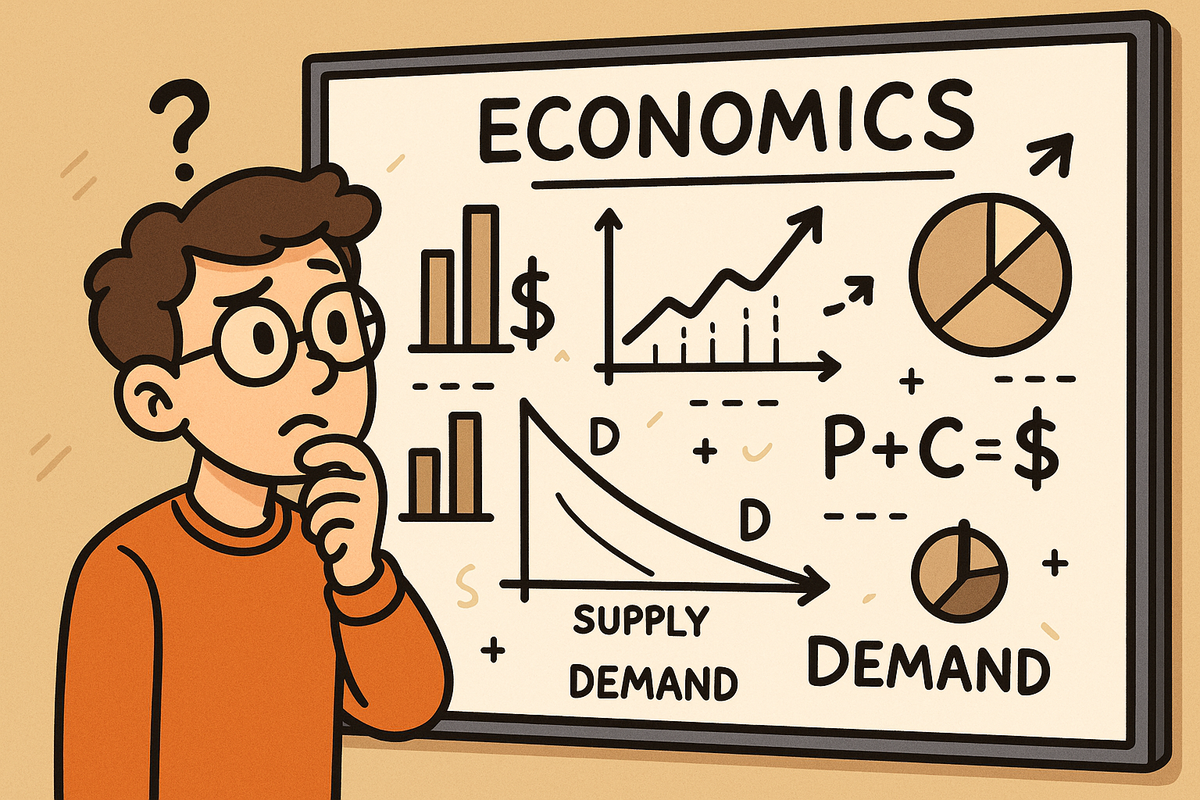
Inflation is more than a buzzword in the news—it’s a force that quietly eats away at your wallet, whether you notice it or not. Every time you pay more for groceries, rent, gas, or a haircut, you’re feeling its effects. But what many consumers don’t realize is that inflation doesn’t just make life more expensive—it effectively acts as a tax on your money, and it’s one that governments and central banks have understood for decades.
To stay financially resilient, especially in uncertain times, it’s essential to understand how inflation works—and how it impacts your daily life.
How Inflation Works Like a Tax
Inflation reduces what your money can buy. Let’s say the inflation rate is 5%. That means your $100 from last year is now only worth what $95.24 could buy 12 months ago. The dollar amount hasn’t changed, but the value has.
That loss in value doesn’t show up on a tax form, but it has the same effect. You’re paying more for the same things, and unless your income rose at the same pace (or faster), you’re falling behind.
Governments benefit from mild inflation—it helps reduce the real burden of public debt and can stimulate economic activity. But for households, inflation quietly shifts the financial burden onto consumers.
CPI vs. What Inflation Really Feels Like
Most of the time, when people talk about inflation, they’re referring to the Consumer Price Index (CPI). This is the government’s way of measuring how much the price of a “basket” of common goods and services has changed over time. It includes things like groceries, housing, transportation, and healthcare.
But CPI has its limits. It doesn’t include asset prices—like home values, stocks, or retirement fund gains. That’s a problem, because those asset prices have been rising much faster than consumer goods for the past 25 years.
While CPI inflation may have hovered around 2% for most of the 2000s, housing in cities like Toronto, Vancouver, New York, or San Francisco has doubled, tripled, or more. The same goes for post-secondary education costs, insurance premiums, and even daycare.
This is called asset price inflation, and it’s arguably just as important—if not more so—than what’s captured in the CPI. For consumers, it means the dream of home ownership, retirement, or financial stability is far more expensive than it was for previous generations, even if the "official" inflation rate seems tame.
The Wake-Up Call: Grocery Prices
Inflation is no longer theoretical. Since 2020, the cost of living has jumped—and nowhere is it more obvious than in food.
In Canada, food prices have risen by more than 20% over the past five years. That includes staples like:
- Chicken and beef
- Dairy products
- Fresh fruits and vegetables
- Packaged goods and pantry items
This isn’t just a budget issue—it’s a standard of living issue. For many households, especially lower- and middle-income families, these price increases mean fewer options, smaller grocery hauls, and financial strain. In some cases, people are cutting back on essentials just to cover the basics.
Why Consumers Must Understand Inflation
Policymakers have always understood that inflation shifts wealth—sometimes quietly, sometimes dramatically. It helps governments manage debt, can boost asset values, and may even lower real wages without a formal pay cut. But consumers carry the weight, often without realizing it.
That’s why understanding inflation matters. It helps you:
- Recognize how rising prices are affecting your purchasing power
- Make informed choices about spending, saving, and investing
- Ask better questions about economic policy and leadership
- Take action to protect your long-term financial health
Conclusion: Inflation Isn’t Neutral—It’s a Choice with Winners and Victims
Inflation doesn’t affect everyone equally. For those with financial assets—homes, stocks, business equity—it can actually work in their favor. But for the average consumer trying to stretch a paycheck, keep up with rent, or buy groceries, it’s a cost they didn’t agree to—and one that’s rarely explained.
By learning how inflation works and what’s driving it, you empower yourself to respond with clarity instead of confusion. And that’s more important than ever in a world where prices keep rising, and the real value of your money keeps shrinking.
Miika Makela, CFA
https://www.linkedin.com/in/miika-makela-cfa-24aa056/
#Inflation #Economics #Cost Of Living #Consumer Awareness #Financial Literacy #Asset Inflation





